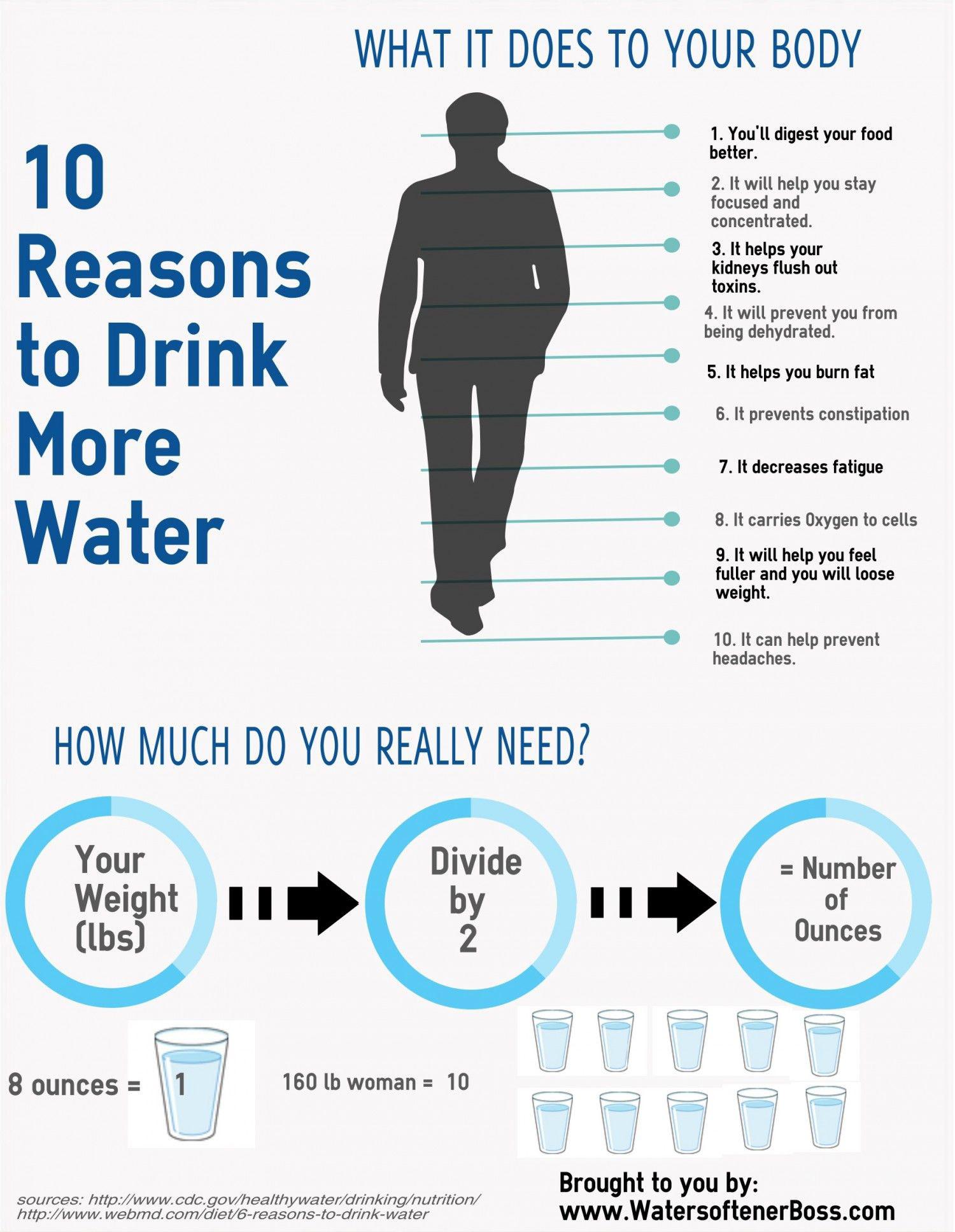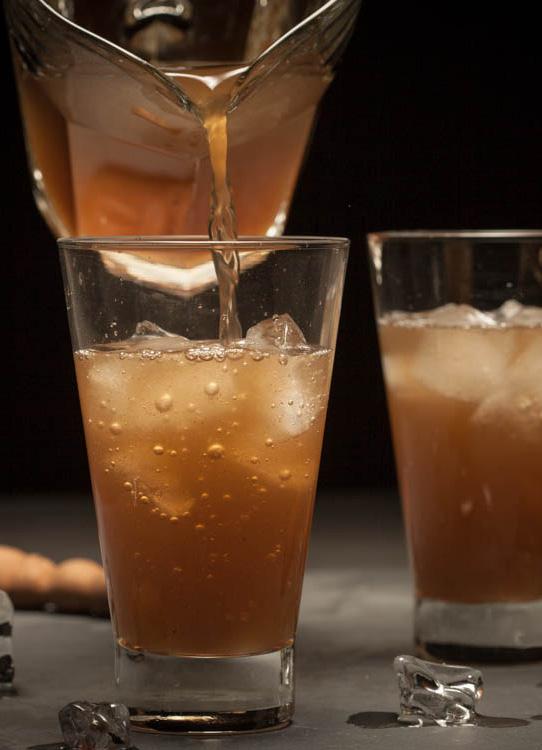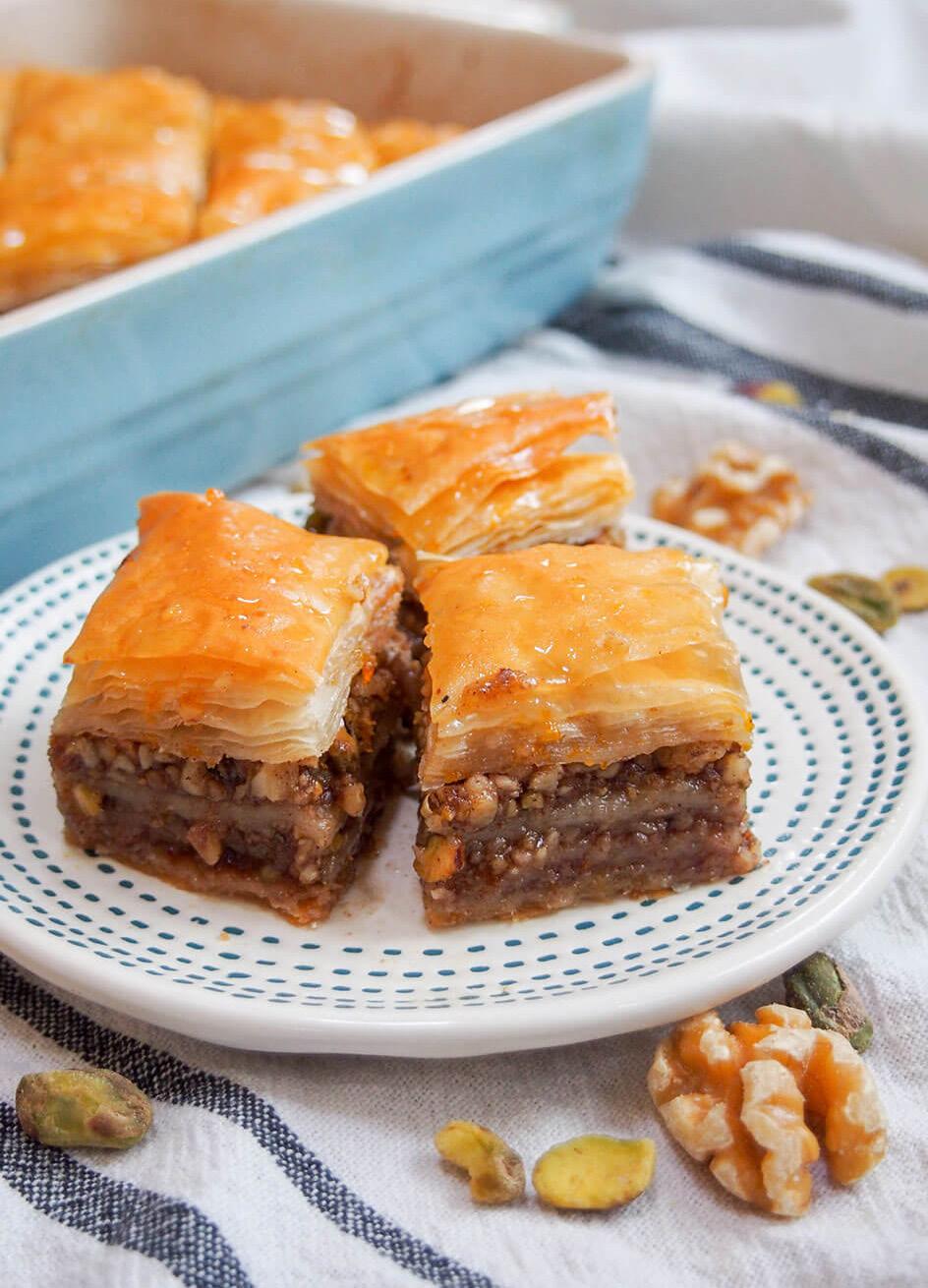
4 minute read
4. Ramadan Nutrition Tips
28
< BACK TO INDEX
Advertisement
Ramadan Nutrition Tips

29

30


DATeS
Ramadan and dates have a special connection. The high level of natural sugars in dates makes them a perfect food to break the daily fast, as the sugars travel straight to the liver help the body to kick start its digestive process and give it the energy to deal with more complex foods eaten during iftar meal.
Dates are also particularly beneficial during Ramadan because they are high in vitamins and minerals such as potassium and magnesium as well as an excellent source of fiber and carbohydrates. When fasting, the body can easily develop mild health conditions like low blood sugar, headaches, and lethargy. The nutrients found in dates can help alleviate these conditions and provide a source of energy.
Dates are also known to help with digestion and can prevent an upset stomach when eating large amounts of food after a long period without eating.
Did you know that dates are amongst the oldest cultivated plants known in the historical records?
31 31
Ramadan BeveRAgeS
When Ramadan falls during summer, hydrating the body after a long day of fasting becomes imperative. Refreshing drinks, during and after the iftar, help the body to re-hydrate after losing a lot of liquids. Avoid beverages such as sugar-sweetened drinks and soft drinks as they are high in calories. The following are three of the most popular drinks consumed during Ramadan.

32

33
34

Drinking Water
Benefits Getting enough water every day is important for your health to keep a normal body temperature and prevent dehydration, constipation and kidney stones.
Water in Ramadan Prepare your body for fasting by drinking enough water throughout the night. Keep a bottle of water close by during the evening and try to drink a cup or two at least every hour. Try to drink three liters of water a day, if you get tired of plain water you can add slices of fruits or vegetables that add flavor and natural value to the water, like cucumber, grapefruit, lemon, ginger, strawberry, carrot etc.

35

36


Jallab
Jallab is the most popular drink in Ramadan. It is a refreshing juice prepared by mixing grape molasses, dates, rose water and sugar, and then smoked with Arabic incense. it is usually served with ice and lots of nuts and raisins.
Benefits
1. A source of fiber that helps with constipation. 2. A source of minerals like copper, calcium and iron that are important for bone health. 3. A source of vitamins like A and B2 and antioxidants that promote natural detoxification of the body. 4. Added nuts make it more nutritious.
Moderate Consumption Note Jallab is high in sugar and calories; therefore, the consumption should be in moderation, specially for diabetic people.
37 37
Qamar Al Din
38
An orange, thick, sweet drink. It is made from dry apricot sheets that are soaked in warm water for several hours then mixed with sugar and rose water. It is usually decorated with pine nuts and served cold.

Benefits
1. Provides the body with Vitamins C and B1 that boost immunity. 2. Reduces the feeling of thirst and dehydration. 3. Treats diarrhea and poor digestion. 4. Strengthens nerves and protects the body from fatigue and exhaustion, and relieves insomnia. 5. Very beneficial for people with anemia, athletes, exhausted professionals and pregnant women.
Moderate Consumption Note Increased intake of Qamar Al Din may affect digestion and blood sugar levels; therefore, consumption should be in moderation, specially for individuals with ulcers or diabetes


39 39

40


Tamarind (Tamer Hindi)
It is a sweet and sour drink made from tamarin fruit paste mixed with sugar and water. Tamarind could be the best Ramadan drink for those who do not like sweet drinks.
Benefits
1. It is useful for constipation, liver and gallbladder problems, and stomach disorders. 2. It used to treat colds, fever, and inflammation. 3. It improves cardiovascular health.
Moderate Consumption Note Excessive tamarind intake may lead to allergy, acid reflux, increased risk of bleeding, and lower blood sugar level.
41 41
Ramadan Desserts
Desserts are always a lovely addition to our Ramadan food tables. However, eating desserts immediately after Iftar will increase the size of your stomach and cause a delay in digestion.
It will also cause a fluctuation in the blood glucose level, which will lead to you craving for more sweets.

That’s why, it is recommended to have desserts in moderation 2-3 hours after Iftar and keep your portion in check, and try to choose healthy or low sugar desserts as much as possible.
42







